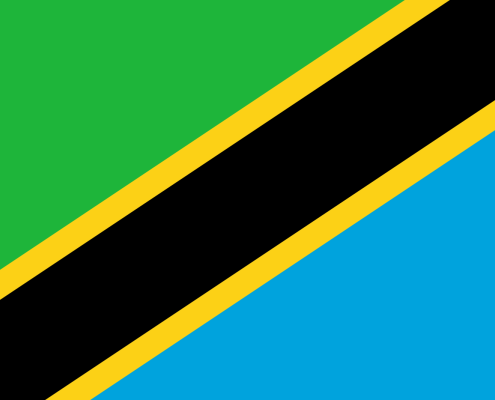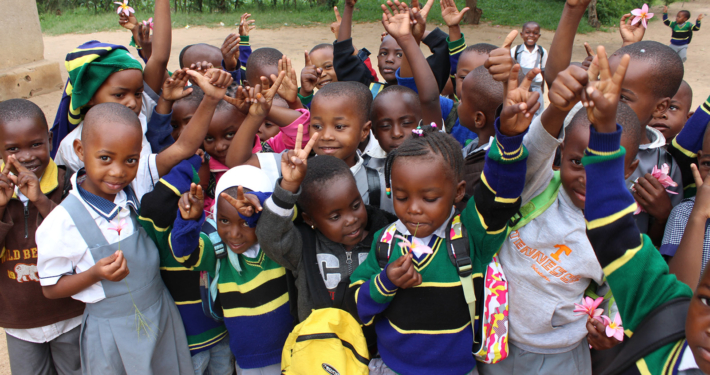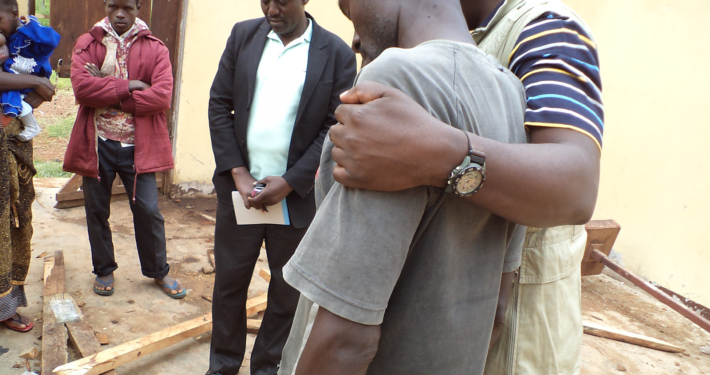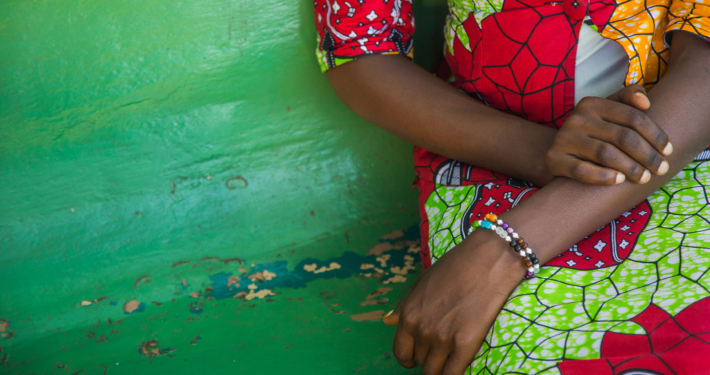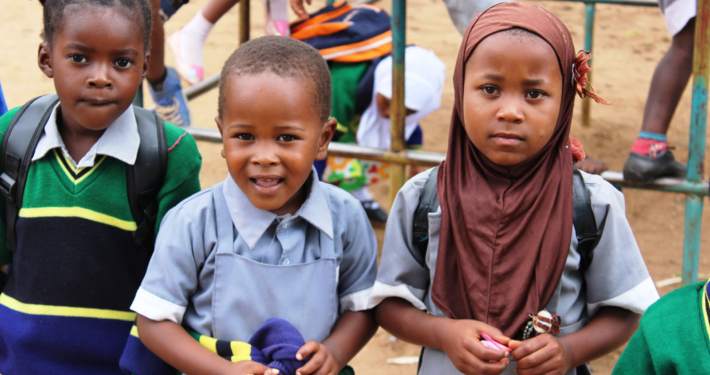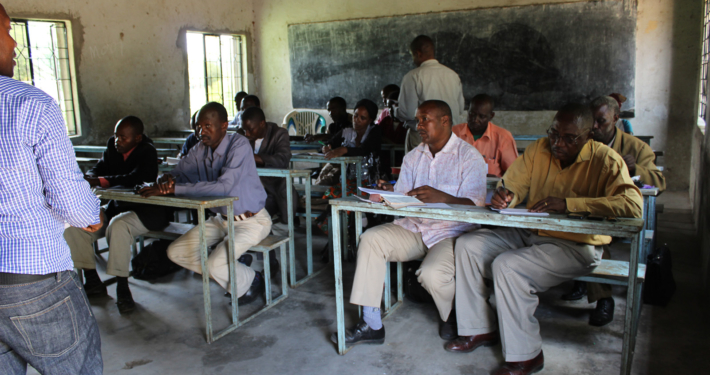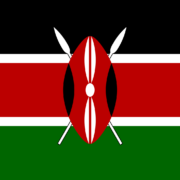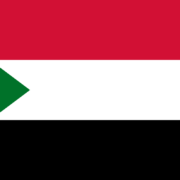Freedom of religion is generally respected and interfaith relations are largely peaceful, though sectarian violence has periodically occurred. Muslims are believed to be a minority nationwide, but almost all Zanzibaris practice Islam. Political tensions between mainland Tanzania and Zanzibar often play out along religious lines. The government occasionally raises the specter of interreligious conflict as an excuse to detain political rivals, contributing to a sense that Muslims are sometimes treated unfairly by authorities. (Freedom House)
Sources say the Muslim majority islands have become a region with significant challenges for the Christian population over the last few years. For instance, Christians have not received equal access to justice due to the bias against Christians in court. But even on the mainland, Christians have faced targeted violence as extremist Islamic influence has grown in some pockets on the mainland.
What adds to the pressure is the state of freedom of expression. According to Freedom House, Independent journalists and media outlets are subject to harsh repression in Tanzania. The 2016 Media Services Act grants the government broad authority over media content and the licensing of outlets and journalists. It also prescribes severe penalties, including prison terms, for publication of defamatory, seditious, or other illegal content.
Sustained legal and regulatory pressure on journalists and other public figures has contributed to self-censorship and other suppression of news coverage. In a December 2021 report, the University of Dar es Salaam cited government pressure as a factor in the media sector’s pro-CCM bias during the 2020 elections. The government also threatened to arrest journalists who reported on Magufuli’s health. The Hassan administration’s record on media freedom is mixed. Authorities have also continued to target journalists under Hassan. The government suspended two newspapers for short periods in 2021 for publishing news deemed false. In February 2022, six journalists were detained and questioned by guards in the Ngorongoro Conservation Area after they covered a local meeting; the local authority later said they were questioned for lack of accreditation.

